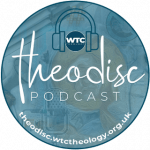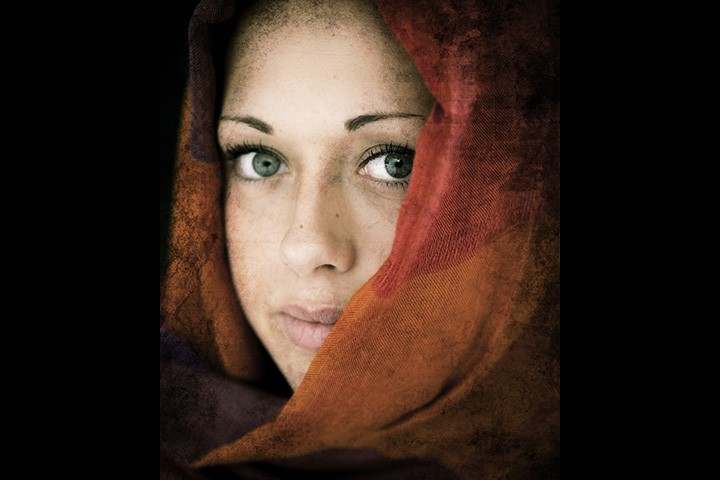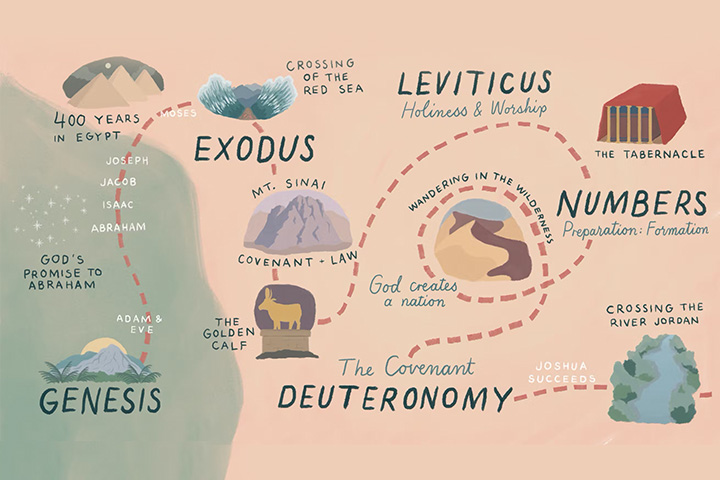Ali Blacklee Whittall – Seeing the Women of the OT
 For many of us, our reading of the Old Testament has been formed in a theological environment that has obscured the often subversive nature of the Bible’s presentation of women and led to interpretations that can be harmful to women. But what if there was a way to read the Hebrew Scriptures faithfully by bringing our honest questions to the sometimes troubling details of the narratives concerning women and wrestling with what we find, in order to reclaim these stories and communicate the truth of women’s equality with men before God in the context in which we currently live. That’s the conversation Kenny had with Ali for this episode of TheoDisc Podcast.
For many of us, our reading of the Old Testament has been formed in a theological environment that has obscured the often subversive nature of the Bible’s presentation of women and led to interpretations that can be harmful to women. But what if there was a way to read the Hebrew Scriptures faithfully by bringing our honest questions to the sometimes troubling details of the narratives concerning women and wrestling with what we find, in order to reclaim these stories and communicate the truth of women’s equality with men before God in the context in which we currently live. That’s the conversation Kenny had with Ali for this episode of TheoDisc Podcast.
Ali Blacklee Whittall teaches study skills, research methods, and Biblical studies at WTC. She supports students with their essay writing by providing appropriate resources and advice and also works alongside students with neurodiversity, learning difficulties or disabilities. Alison holds a BA in Art History with English at Glasgow University, and a Graduate Diploma and MA at WTC and has taught English and study skills in various schools and colleges for around 20 years.
Disclaimer:
This episode contains discussion of sexual assault, abuse, and violence against women. If you would like more information on the issues discussed, or to get help if you are affected, then please see below for links.
Episode 14 Outline:
- Start-01:38 – Introduction.
- 01:46-05:08 – Welcome to Ali and 3 questions.
- 05:16-10:17 – How did ‘Seeing the Women of the Old Testament’ become a research interest for you? Why do we tend to gravitate towards highlighting the men of the OT rather than the women?
- 10:25-18:23 – How do we maintain a faithful posture towards the Scriptures while at the same time acknowledging the problematic texts that include violence and abuse?
- 18:32-28:00 – Focusing specifically on the Book of Judges, could you give us an example of how we can recover the stories of women in the OT that have been obscured and silenced by our established readings? How then do Judges and Ruth segue to consolidate the central message?
- 28:09-33:39 – How can this approach to Scripture then help us now to communicate the value of women in our contemporary context?
- 33:47-End – Closing prayer and further information.
NEXT EPISODE – Adesola Akala on ‘Glory in John’s Gospel’
Organisations that could help:
Restored – restored-uk.org
An international Christian Alliance working with and through the church to transform relationships and end violence against women.
Report into churches in the UK: ‘In Churches Too: Church Responses to Domestic Abuse.’
Press Red – pressred.org/
Educates, equips, and empowers on the issues of violence and abuse against women and girls.
Women’s Aid – womensaid.org.uk / Tel: 0505 200 0247
A national organisation which provides advice, support and a 24hr abuse helpline.
National Domestic Violence Helpline – nationaldomesticviolencehelpline.org.uk / Tel: 0808 200 0247
If you have been personally affected by abuse or violence or are still in an abusive or violent relationship you can get help. It‘s a confidential 24 hour service.
Refuge – refuge.org.uk / Tel: 0808 200 0247 (24 hour) / Email: info@refuge.org.uk
Offers support, in partnership with Women’s Aid, to help women and children escaping domestic violence.
Respect Men’s Advice Line – mensadviceline.org.uk / Tel: 0808 801 0327
Helpline for male victims of domestic abuse.
ManKind Initiative – mankind.org.uk / Tel:01823 334 244
Helpline for male victims of domestic abuse.
Find us wherever you find good podcasts!

TheoDisc Podcast
TheoDisc is a podcast by WTC faculty and friends where we present theological ideas in an accessible way that will hopefully stimulate you to pursue your own theological learning and ultimately to deepen your faith. It is a place of discussion and debate, and a place to hear a variety of voices. We do hope you enjoy listening!







